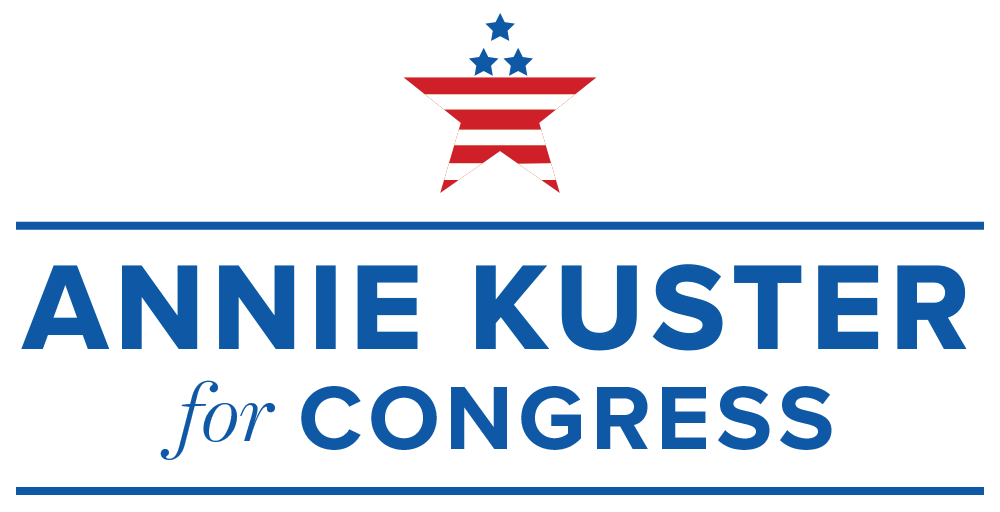Barbara Tetreault | Aug 17, 2020
BERLIN — Mayors across the state, including Berlin Mayor Paul Grenier, told U.S. Representative Annie Kuster they are worried about the next fiscal year as fiscal impacts of COVAID-19 accumulate.
During a video conference call last week, the officials said their cities are currently doing okay because they operate on a July to June fiscal year and had an opportunity to adjust their current budgets when the pandemic struck.
But with millions of people laid off and many businesses working at less than full capacity, the mayors said they worry about fiscal year 2022.
Grenier said Berlin is currently “holding its own” but said he is nervous about the next budget cycle .
“I'm definitely afraid of what's going to happen starting July 1 2021,” he said.
If there is not an infusion of federal and state funding to help compensate for lost revenues, Grenier said the city will be set back 20 years.
Kuster said the HEROES bill passed by the House included an estimated $3.4 billion for New Hampshire communities including $3.3 million for Berlin. She said the money was designed to help with the cost of responding to COVID-19 as well as the loss of revenue from industries hard hit by the virus. Kuster said the Senate has rejected the bill and the two bodies and Trump administration are at an impasse. She said she has urged Gov. Sununu to reach out to Republicans senators to support assistance to states and communities. Kuster said Sununu has estimated there will be a $500 million gap in the state budget.
Keene Mayor George Hansel said he is concerned about the state budget.
“I think If the state has some serious shortfalls which they're projecting, that's going to trickle down and really put pressure on us,” he said.
He said Keene has a glut of office space and said some of that commercial space will need to be redeveloped. Hansel said the city is looking for programs and funding sources to help redevelop and maintain its commercial tax base.
Keene City Manager Elizabeth Dragon said she worries about water, sewer, and property tax payments next year if people are still unemployed and the enhanced payments are gone.
“We will see people not able to pay their taxes and not able to pay their utility bills,” she said.
Kuster said the House bill continued the $600 payments for those out of work. She emphasized that the payments go only to those who are laid off or furloughed. Kuster said you cannot quit your job and collect.
Claremont Mayor Charlene Lovett said her city has had state revenue shortfalls going back 11 years and as a result has a very thin budget. She said that puts the city in a precarious position to be able to do needed infrastructure work.
Lebanon Mayor Tim McNamara said retail is doing fairly well and outdoor dining is popular. But he said some manufacturers are seeing a drop in orders, especially those that sell on the international market. If the situation continues, McNamara said he fears there will be lay-offs.
He also reported that commercial timber harvesting is being hurt by a lack of markets for low grade wood.
“It’s not taking the tree out of the forest because you’re losing money,” he said.
Grenier said the low grade wood market has been badly hurt by the explosion of a digester at the paper mill in Jay, Maine and the closure of six small biomass plants in New Hampshire. He said the Burgess BioPower biomass plant in Berlin has prevented the entire market from collapsing. Grenier said it is a real struggle for timberland owners and said he worries it will lead to a divestiture of large tracts of land in the North Country.
On a more positive note, Grenier said one local building supply company said its business has increased because people have time to do home improvement projects. The company reported having trouble getting some materials and prices are on the rise because of demand.
The mayors reported residents are taking the virus seriously and positive cases in the general population have been low. Grenier said Berlin has had a total of seven cases and three of those stemmed from a couple going on vacation in a crowded area.
“People in Berlin have been taking this stuff very seriously,” he told Kuster, reporting that most wear masks.
Cheryl Linder, chief of staff to Nashua Mayor Jim Donchess, said her city has had 800 cases cumulative and about 34 active. The city suffered 41 deaths, most in long-term care facilities.
Kuster said she feels the state have done an outstanding job following health and safety precautions. Big companies, she said, have thousands of people working from home. She said 80 percent of the COVID-19 fatalities in the state are associated with long-term care facilities.


